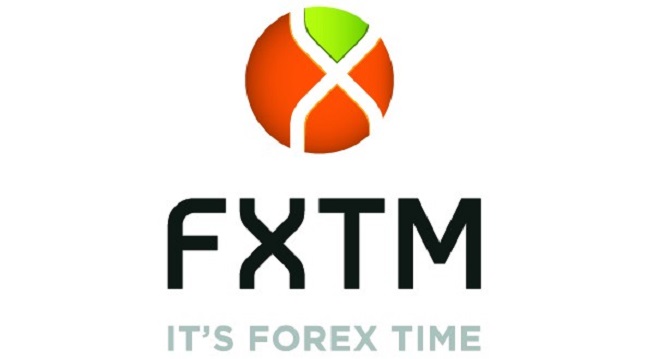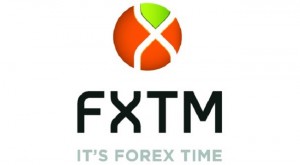The market is on edge this week as it awaits the crucial news from the US on Wednesday as to whether the Federal Reserve will begin to scale back its $85 billion asset purchases programme. This week’s FOMC meeting will be the last for Chairman Ben Bernanke and there is optimism in the market that he will give the green light to begin tapering as early as this month. Bernanke has been saying since June that he needs to see consistent improvement in the unemployment rate before he will consider tapering the stimulus and while the target rate of 7% has still not been reached yet, the job gains over the past few months have remained stable.
The US economy has also proven to be quite robust in recent months, even in spite of the government shutdown and the debt ceiling scare. Analysts are suggesting that even if the US has a re-run of the debt ceiling debacle, the economy is now strong enough to withstand a small withdrawal of the huge monetary stimulus package. Despite high expectations for a taper that is expected to generate waves of volatility through the market, the USD has been showing strength against all of its major counterparts – even the stubborn euro.
The greenback was also boosted by positive data last week, with retail sales growing by 0.7% in November, which was 0.1% above expectations and a huge 4.7% more than it was at the same period last year. The USD picked up momentum after the data announcement and rose versus most competitors, dragging the EUR/USD to a low of 1.3749 in recent dealings. The EUR/USD continues to trade around 1.3736 and the next resistance levels are at 1.3743, 1.3749 and 1.3756, while the support levels are 1.3730, 1.3723 and 1.3717.
The euro maintained its strength last week against most of the pairs but has been challenged by Monday’s news which revealed that France’s business economy has dropped to a 7 month low. This disappointing data for the eurozone’s second largest economy shows how fragile the recovery for the Eurozone really is. Despite the Eurozone having its best quarter in 2.5 years, this is a worrying sign for one of the region’s most important economies. Nonetheless, European Central Bank President Mario Draghi, said on Monday that the Eurozone economy is growing modestly.
Wednesday’s release of the German ZEW Survey, which measures economic sentiment, will likely be important to the fortunes of the euro this week. Last month’s analysis showed German analyst and investor sentiment edged up to its highest level in four years, in line with market consensus, reaching 54.6 from 52.8 in October. Should an expected rise to 55.5 be realized, we expect the EUR to react bullishly in response.
In the UK, Bank of England Governor Carney announced last week that Britain’s economic recovery is on its way to achieving self-sustaining momentum but monetary policy will need to remain loose for some time to come. The strength of the economy’s recovery will be assessed with Tuesday’s Consumer Price Index data – a key indicator to measure inflation and changes in purchasing trends – and the employment rate. The CPI is forecast to remain at 2.2%, however with the employment rate tipped to top 30m for the first time ever, this data will be crucial to understanding whether the recovery is truly gaining traction in the UK. GBP/USD is trading around 1.6299 with resistance points at 1.6307, 1.6316 and 1.6324, and support levels at 1.6290, 1.6282 and 1.6273.
Last week the yen and the Australian dollar fell to new lows as USD and EUR maintained strength; the yen was once again weakened by disappointing economic news, this time in the form of a lower than expected GDP announcement, while the AUD dragged down by a flagging jobs market. Japan’s GDP grew by only 1.1. percent in the third quarter, a downward revision from the preliminary 1.9 percent rise and much less than the expected expansion of 1.6 percent. Yen traders will now be waiting for Friday’s Bank of Japan interest rate announcement – expected to remain unchanged – and Governor Kuroda’s comments at the press conference afterwards where he is expected to give some insight into future economic policy. USD/JPY is trading around 103.23 with the resistance levels at 103.34, 103.40 and 103.51, and support at 103.17, 103.06 and 103.00
What to Watch this Week:
The USD pairs are the obvious ones to watch this week, especially if Bernanke announces that US asset purchases will be tapered. While some analysts believe the tapering has been priced into the USD, substantial volatility is still expected in the wake of such an important monetary policy announcement.
For more information please visit: Forex Time



